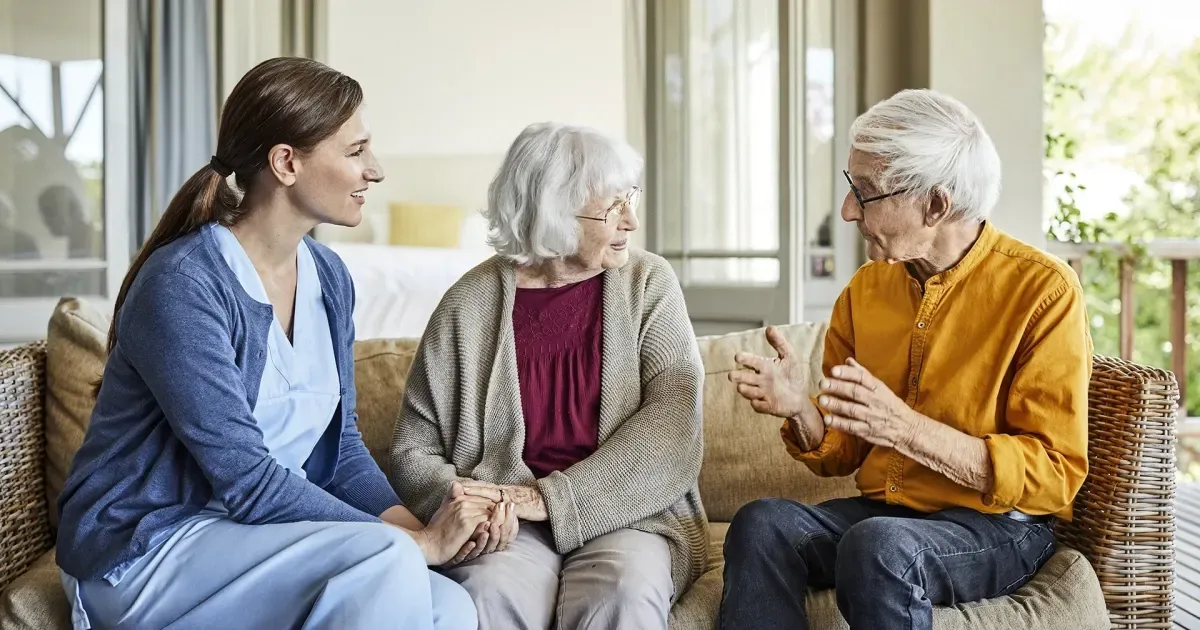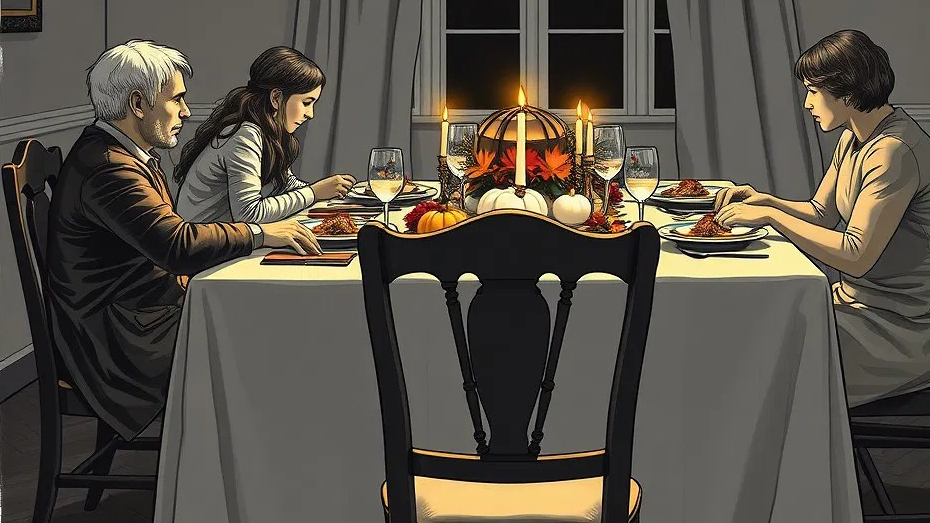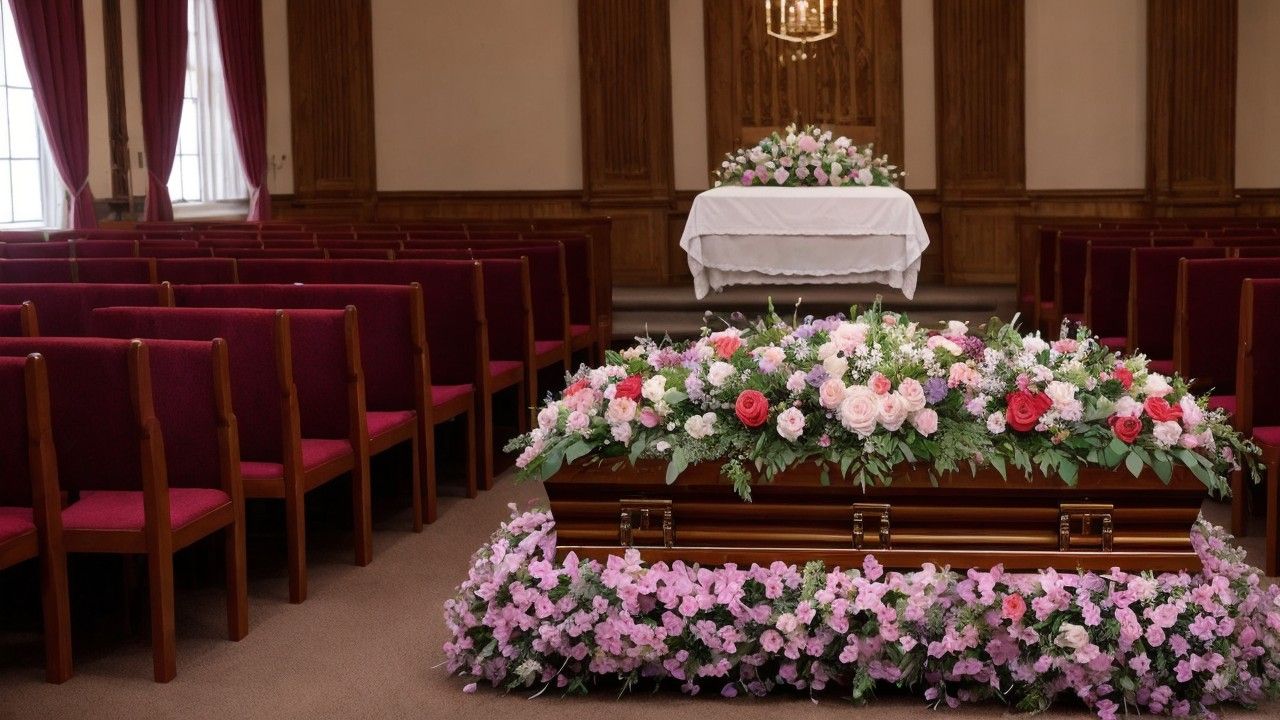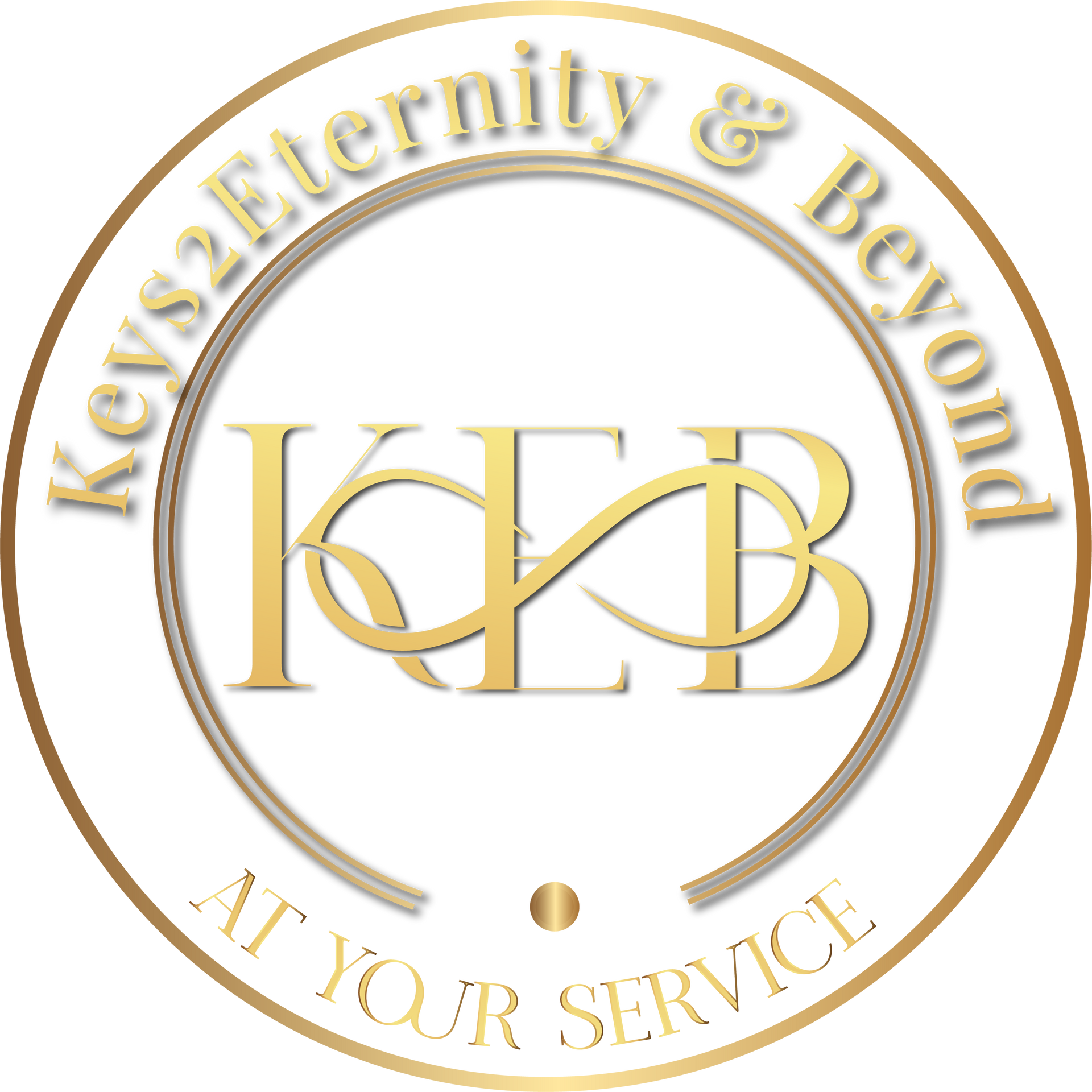Find a Trusted Proivder
Helpful Links
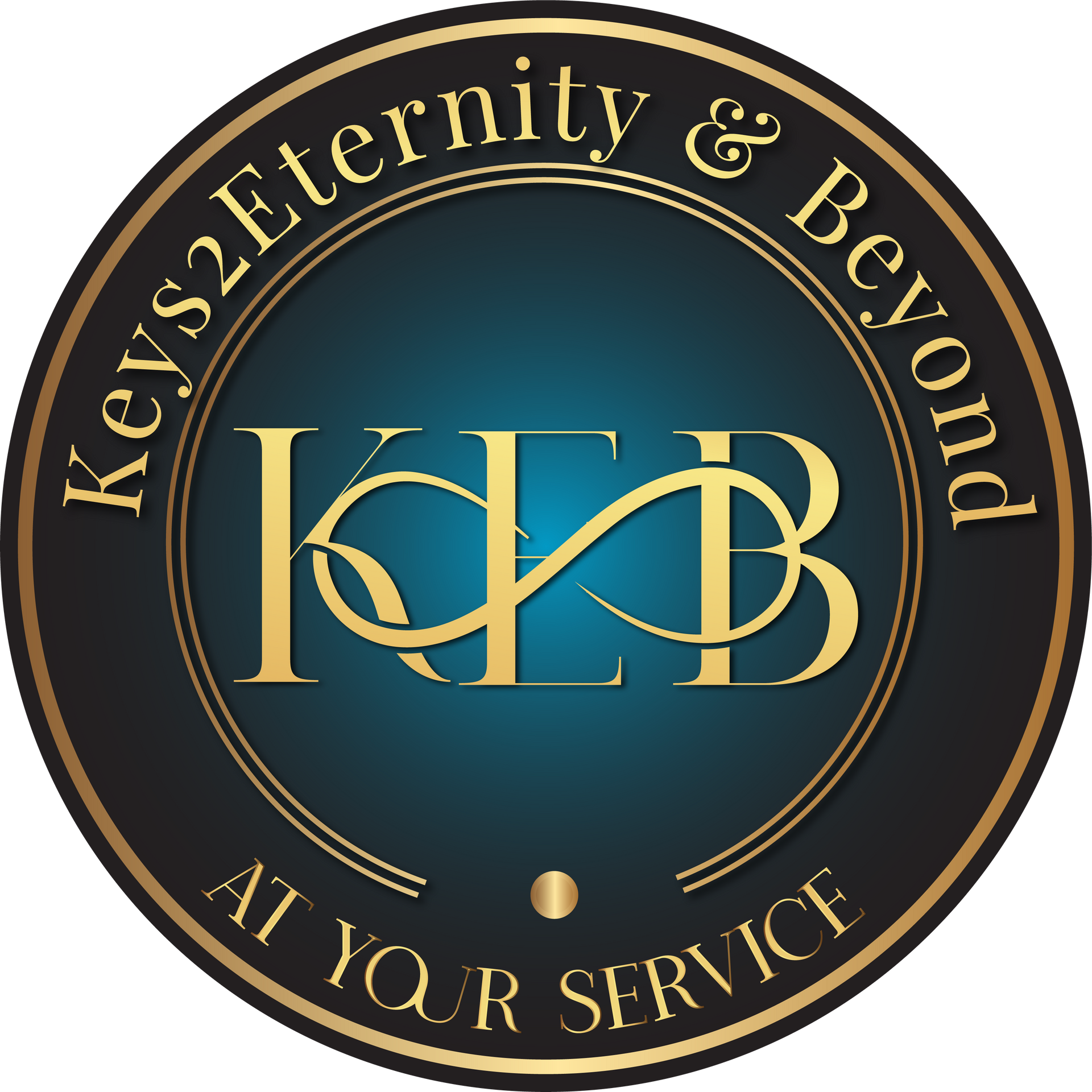
Business Hours
- Mon - Fri
- -
- Sat - Sun
- Closed
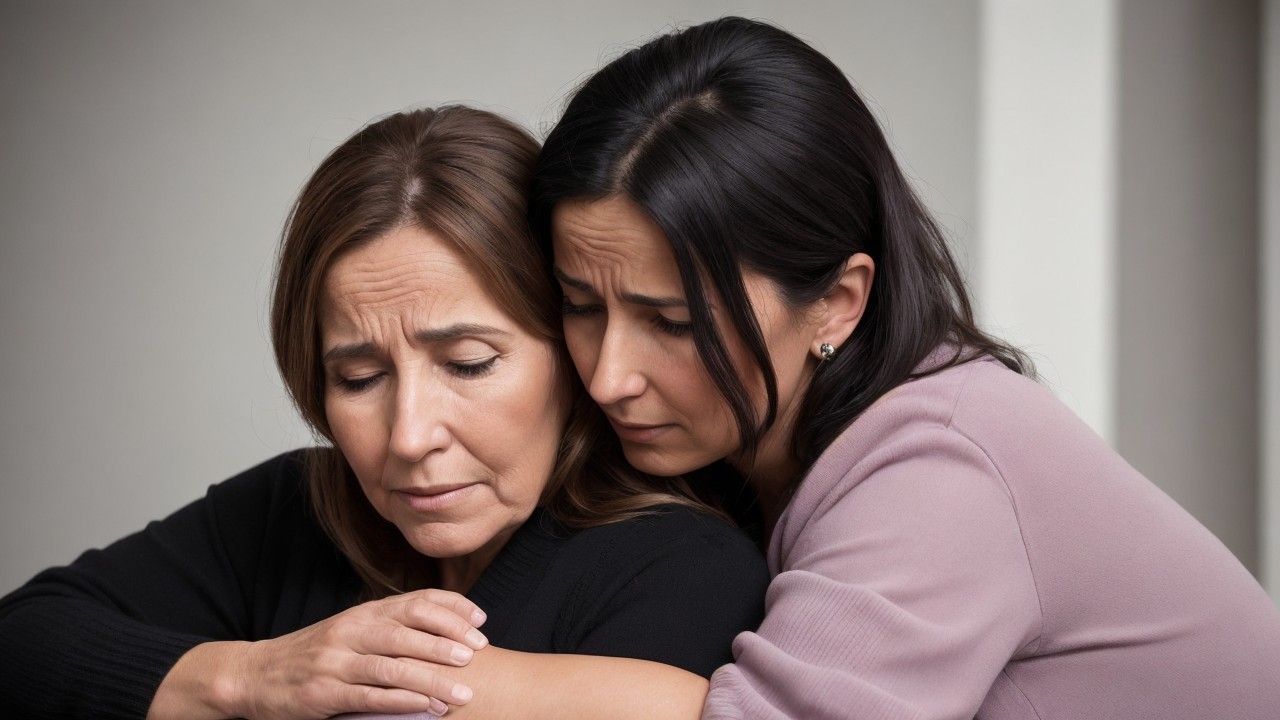
Share This Article
As a society, we often shy away from discussing death, yet it’s an experience that touches every one of us. When faced with the impending death of a loved one or preparing for our own, feelings of fear, confusion, and sadness are natural. In recent years, people have increasingly turned to a type of guide that offers comfort, practical assistance, and a compassionate presence during these difficult transitions—the death doula.
Death doulas, sometimes called
end-of-life doulas, or death midwives, provides companionship to those on the final stage of life’s journey. Their purpose is to provide non-medical, holistic support to both the dying person and their loved ones, creating a bridge between the worlds of living and dying. Today, we'll focus on death doulas as we attempt to understand what they do, how they support families, and why they’re becoming an essential part of end-of-life care.
What is a Death Doula?
A death doula is a trained, non-medical professional who offers emotional, spiritual, and practical support to people nearing the end of their life, as well as to their families. Just as a birth doula assists in bringing life into the world, a death doula helps people leave this world with dignity and peace.
Death doulas do not replace medical or hospice care; rather, they complement these services by addressing the holistic, personal, and sometimes spiritual needs of the dying person. Their role is highly personalized, adapting to each person's unique desires and needs at the end of life.
What Does a Death Doula Do?
The work of a death doula is varied and encompasses many aspects of support, from emotional and practical tasks to legacy planning. Here are some of the key roles they fulfill:
1. They Provide Emotional and Spiritual Support
Death is not just a physical process but also an emotional and spiritual one. A death doula provides a comforting presence and serves as a compassionate listener, helping individuals process their feelings and fears around death. They can assist the dying person in reflecting on their life, resolving lingering conflicts, and finding inner peace.
For families, a death doula offers a similar kind of support.
Grieving the anticipated loss of a loved one can be overwhelming, and a doula provides space for family members to express their emotions and fears in a non-judgmental environment. This gentle guidance allows family members to feel more grounded and
connected to their loved one in the final days.
2. They Offer Practical Assistance and Advocacy
As someone approaches the end of life, there are often many practical details to manage. Death doulas can assist with planning and coordinating these practicalities, from helping create a comfortable environment at home to facilitating communications with healthcare providers.
They advocate for the individual’s wishes, especially when it comes to things like pain management, comfort, and personal preferences. They can work closely with hospice or palliative care teams to ensure the patient’s voice is heard and respected.
Death doulas also
offer guidance to families on what to expect as their loved one’s physical needs change, helping them feel more prepared and confident as they navigate these transitions.
3. Support with Legacy and Life Review
Many people nearing the end of life wish to leave behind a legacy or record of their life. A death doula can help facilitate this process by guiding conversations that allow individuals to share their stories, wisdom, and memories.
Whether it’s writing letters to loved ones, creating memory books, or recording audio messages, a doula can help bring these ideas to life. The process of reviewing and recording one's life story is often healing, providing the dying person with a sense of accomplishment and closure while leaving behind something meaningful for loved ones to cherish.
4. They Guide Families Through the After-Death Process
Death doulas often stay with families immediately after death, offering guidance on what to do next. They may assist with rituals, help prepare the body if desired or simply provide a calm and supportive presence as the family begins to process their loss.
In some cases, doulas may guide families on funeral or memorial preparations, assisting them with choices that align with their values and cultural traditions. This type of support can be invaluable during a time of deep grief, giving family members reassurance and direction as they navigate the first steps of loss.
Why are Death Doulas Important?
The modern approach to dying often takes place within clinical or medical settings where the focus is primarily on managing symptoms rather than on the individual’s overall well-being. This can leave many people feeling isolated, unsupported, and even fearful of what lies ahead.
Death doulas bring back the human side of dying. By being present, listening, and respecting the individual’s unique wishes, a death doula provides dignity and personal connection, which can make a significant difference in the quality of a person’s final days. Their presence allows people to face death on their own terms and in alignment with their own beliefs and values, which often translates to a more peaceful experience for everyone involved.
For families, a death doula offers practical help and emotional reassurance, reducing some of the stress and burden that often accompany end-of-life caregiving. This allows family members to focus more on connecting with their loved one and finding peace in the transition.
Common Misconceptions About Death Doulas
Many people are not yet familiar with the role of a death doula, and it’s easy to misunderstand what they do. Let’s clarify a few common misconceptions:
Death Doulas Are Only for Religious or Spiritual People: Not true. While some doulas incorporate spirituality if desired by the family, they do not impose beliefs. The work of a death doula is centered on respecting each person’s unique values and wishes, religious or otherwise.
A Death Doula is a Substitute for Hospice Care: Adeath doula is not a medical professional and does not replace hospice or palliative care. Instead, they work alongside these teams to ensure the patient’s holistic needs are met, complementing medical care with personal and emotional support.
Death Doulas Are Only Needed at the Very End: Although they often serve people in the last stages of life, doulas can support families much earlier. In fact, some people seek the help of a death doula even in the months or years leading up to the end of life to explore planning and conversations around death and legacy.
How to Know if a Death Doula is Right for Your Family
If you or a loved one is walking the end-of-life journey, a death doula may be a helpful addition to your support network. Here are a few signs that a death doula might be beneficial:
Your family would like additional emotional support through the dying process.
You feel overwhelmed by the logistics of end-of-life care and want guidance in creating a calm, intentional environment.
You or your loved one have a strong desire to create a legacy or leave behind personal memories.
You’re interested in creating a more personal, meaningful, and peaceful experience for yourself and your loved ones.
The Gift of Presence
Death doulas bring a valuable, often unrecognized gift: presence. Since death is often met with fear or avoidance, the presence of a doula brings acceptance, love, and respect to this natural stage of life. Their work honors the dying person’s wishes and offers a compassionate embrace to both the individual and their family.
When we approach death with love and compassion, it opens a door for deeper connections, healing, and a sense of peace that extends to all involved. A death doula provides a warm hand to hold during the journey, helping both the person passing and their loved ones find a path through grief and loss with dignity and grace.
Once families understand the role of a death doula, they'll be more equipped to provide the loving, personalized support that their loved ones deserve at the end of life
Where to Find the Right Death Doula
Death doulas often come from diverse backgrounds, so it’s essential to find someone whose values align with your own. You might consider asking for recommendations from hospice services or trusted support networks. Alternatively, you can check out our directory of service providers and select an end-of-life coach from the death doula category. When meeting potential doulas, ask questions about their experience, approach, and philosophy on end-of-life care to find a good fit for your needs.
Related Articles
Related Articles


